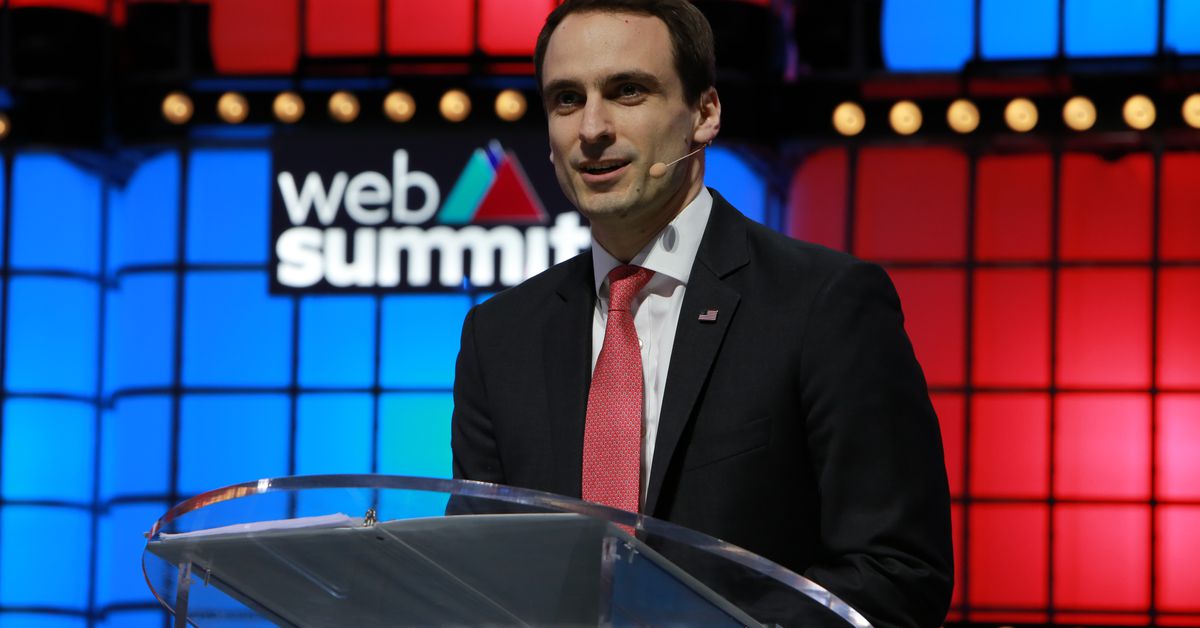MarketForce Shuts Down Operations in Four African Markets
Kenyan-based B2B e-commerce company MarketForce has announced the shutdown of its operations in four African markets. The decision comes after facing significant challenges, including financial difficulties and operational inefficiencies. While the exact reasons for the shutdown have not been fully clarified, industry sources suggest that the company is exploring new avenues to remain competitive in a rapidly evolving market landscape.
MarketForce operates in several African countries, with operations suspended in Rwanda, Uganda, Kenya, and Zambia. The company had previously reported losses and was undergoing restructuring, but recent developments have led to the decision to halt operations indefinitely.
Background on MarketForce
Founded in 2017, MarketForce is a Kenyan-based e-commerce platform that specializes in connecting businesses with customers across Africa. The company offers a range of B2B services, including listing platforms for small and medium-sized enterprises (SMEs), payment processing solutions, and logistics services. MarketForce aims to empower businesses by providing them with the tools they need to grow their online presence.
Despite its ambitious goals, MarketForce has struggled to achieve profitability. The company has faced challenges in attracting sufficient investment, particularly from global investors, as well as operational difficulties in scaling its operations across multiple African markets.
Why Did MarketForce Close These Four Markets?
The decision to close operations in Rwanda, Uganda, Kenya, and Zambia appears to be based on a combination of factors, including financial strain, lack of scalability, and challenges in executing its restructuring plans.
-
Financial Challenges:
One of the primary reasons for the shutdown is the company’s inability to secure adequate funding. MarketForce has faced difficulties raising capital from international investors due to its reliance on local funds and partnerships. The recent closure of several venture capital firms in Kenya, which had reportedly invested in similar startups, may have contributed to the financial stress faced by the company. -
Operational Inefficiencies:
Despite its ambitious goals, MarketForce has struggled to achieve economies of scale or operational efficiency. The company’s product offerings and services were not positioned well in these markets, leading to limited adoption and high costs associated with scaling operations. -
Strategic Shifts:
Management at MarketForce appears to have taken a strategic decision to pivot its focus towards asset-light operations and concentrate its efforts on emerging opportunities within the African market. This includes exploring partnerships with tech giants in Silicon Valley, such as Alibaba Group and Naspers, which operate in Africa.
Impact of the Shutdown
The closure of MarketForce’s operations in these four markets is unlikely to have a significant impact on the company’s broader strategy or its ability to recover. However, it may cause concern among investors and stakeholders who had been optimistic about the company’s potential.
MarketForce has previously stated that it will continue to explore new opportunities for growth and profitability, including through the launch of RejaReja, a social commerce initiative aimed at disrupting traditional e-commerce platforms in Africa.
MarketForce’s Social Commerce Spinoff: RejaReja
In response to its financial struggles, MarketForce has launched RejaReja, a social commerce platform designed to challenge traditional e-commerce models. The platform allows users to create their own online stores and sell products directly to consumers, bypassing intermediary platforms like ** Facebook Marketplace** and Instagram Business.
RejaReja was initially met with high hopes as it appeared to offer a cheaper alternative for small businesses looking to break into the e-commerce space. However, recent developments suggest that the platform is struggling to gain traction in certain regions.
Management’s Remarks
CEO Benedict Mbaabu, who has been at the helm of MarketForce since 2019, has hinted at a strategic shift towards asset-light operations and leveraging partnerships with global tech companies to reduce costs and increase efficiency.
"RejaReja is part of our broader strategy to position ourselves as a leading player in African e-commerce," Mbaabu stated recently. "However, the challenges we have faced in scaling our operations have forced us to make difficult decisions about where to allocate our resources."
Financial Future
The recent shutdown has further highlighted MarketForce’s financial instability. While the company has reportedly secured some investment from local investors, it remains uncertain whether this will be sufficient to turn the company around.
MarketForce’s Next Moves
Despite the current shutdown, MarketForce is unlikely to abandon its broader strategy of exploring new markets and partnerships. The company is currently in discussions with global tech firms about expanding its presence beyond Africa.
In the meantime, RejaReja appears to be the primary focus for the company’s efforts to recover profitability.
Conclusion
The shutdown of MarketForce in Rwanda, Uganda, Kenya, and Zambia marks a significant turning point in the company’s history. While the decision is likely aimed at addressing short-term financial difficulties, it also signals a broader strategy shift towards focusing on high-potential markets and partnerships.
For now, RejaReja appears to be the primary avenue for MarketForce to recover its footing in the competitive African e-commerce landscape. The company’s ability to secure funding and achieve scalability will remain critical to its future success.




